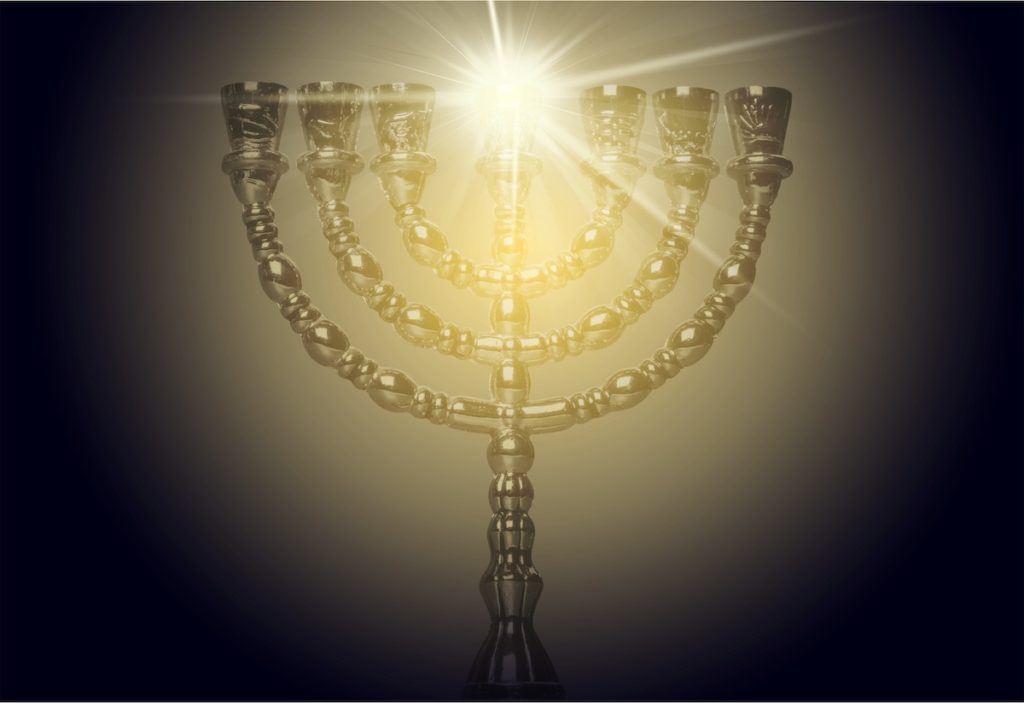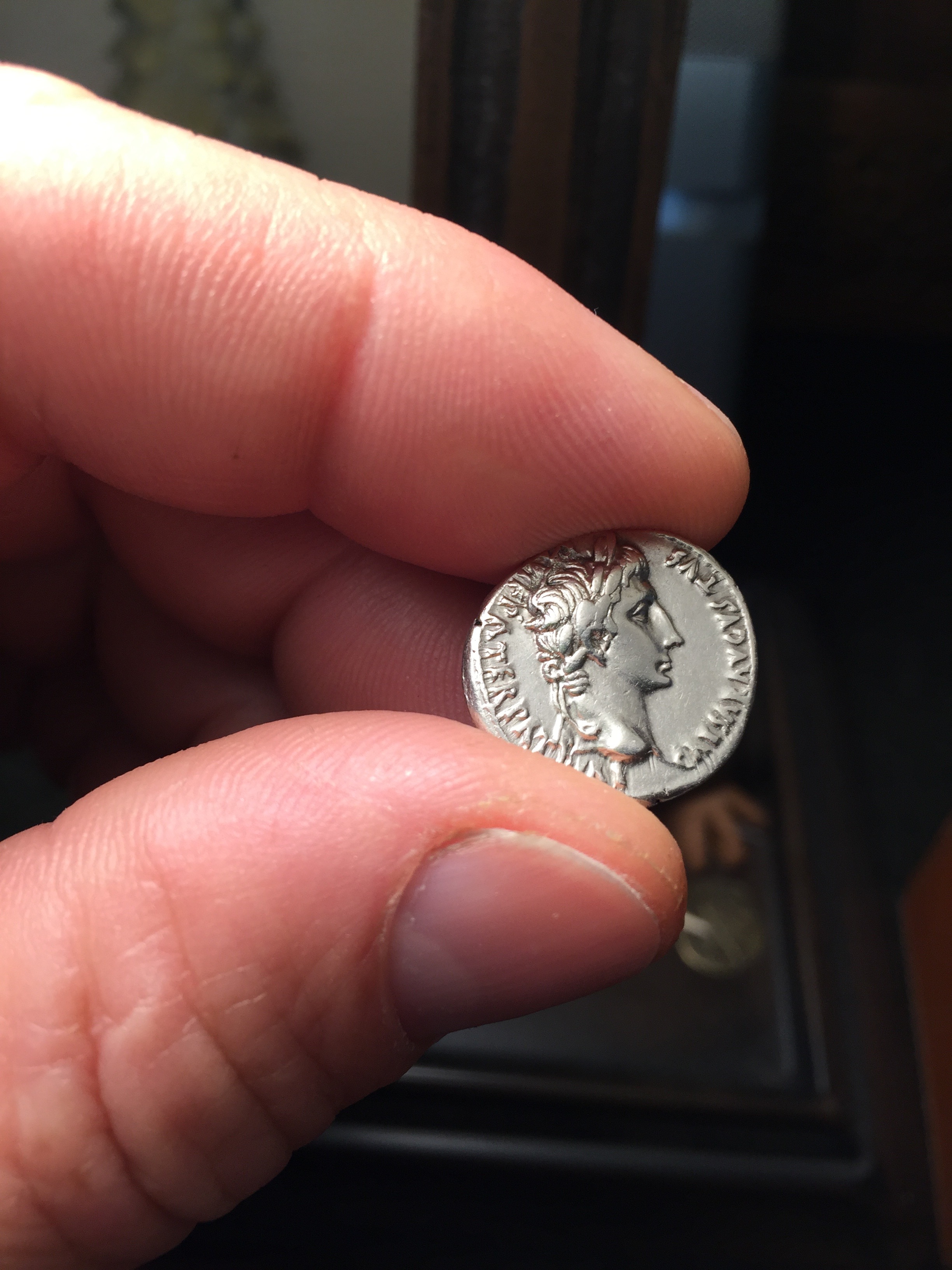
Numbers 30
Numbers 30:2 (3), Vows. A vow (Heb. neder) is literally “a pledge to do something.” It places upon oneself or others or upon objects of one’s choice a status equivalent to that of a commandment of the Torah (The ArtScroll Stone Edition Chumash, p. 900).

One’s word is one’s bond. A neder is so strong that a person violating it can suffer the court-imposed penalty of lashes (ibid.) The Set-Apart One of Israel is not a man that he should lie (Num 23:19). If we are to be set-apart or kadosh as YHVH is kadosh (1 Pet 1:16; 2:9; Heb 12:14), then we must be people of our word not only in large matters, but in the smallest of matters too. Are you too casual with your words? Do you make commitments in order to sound good to others, yet you have no real intention of fulfilling your obligations? Liars will have no part in the New Jerusalem (Rev 21:8).
YHVH established order in the family structure. The man, as the head of the family, holds veto power over promises made by those under him in his family. This may be politically incorrect nowadays in a society characterized by egalitarianism, and feminism and children’s “rights,” but the Word of YHVH in the Torah is clear on this matter. This is given because the husband and father holds responsibility for promises made by those in his family (Num 30:15). To what degree are you swayed by the mores of society in this regard as opposed to the Word of Elohim? What rules do you play by in your marriage and family—society’s or YHVH’s?
Numbers 31

Numbers 31:3, Take vengeance on the Midianites. YHVH is vehemently opposed to moral looseness. Midian, through its seductive women, nearly destroyed Israel. The decisive actions of a morally straight leadership prevented Israel from going the way of so many nations that have since collapsed due to moral decay. What can we learn from this ancient account?
Sexual looseness and perversion must not be allowed to gain even a momentary toehold into our lives. Do you aggressively resist and fight against the spiritual Midianites that would destroy your life, your family, your marriage and your spiritual destiny, or do you even slightly countenance the enemies of your soul in the secret or hidden areas of your life just to placate the passions of your carnal and sin-bent nature? The spirit of Midian is to be found everywhere from the magazine rack at the checkout stand to the morning newspaper advertising women’s undergarments, from bumper stickers to billboards, from television ads (not to mention the television shows themselves) to the internet, and among political, religious leaders and entertainment celebrities. How about the modern immodest and decadent clothing styles of our youth, which barely cover the body, and where little is left to the imagination?
How does one defend oneself against this incessant onslaught of sexual immorality? Remember, the best defense is a strong offense. Resolve and settle in your heart and mind ahead of time how you will react against the darts of the enemy when you suddenly find them aimed at you, and then stick to your defense plan! Set inviolate moral boundaries for yourself that you will not cross. Pull down every mental stronghold and take every thought captive to the mind of Yeshua, and flee all lusts. (Strengthen yourself spiritually by reading the following scriptures: 1 Cor 6:18; 10:14; 2 Cor 10:3–6; 2 Tim 2:22.)
Numbers 31:4, A thousand from a tribe. All the tribes were equally represented in this fighting force to punish Midian for its culpability in causing Israel to fall into the sins of idolatry and immorality resulting in the death of 24,000 Israelites (Num 25:1–9). What can we learn from this? Each person in the spiritual body of Yeshua (or “the camp of Israel”) must take an equal role in fighting wickedness and immorality. What are you actively doing to combat these things around you? Whether you think you will make a difference or not, do you still vote, write letters to your political representatives, pray, take righteous stands against evil when and wherever possible, or support those who do so with your finances? If you are a parent, what is your responsibility to your children in this regard?
Numbers 31:8, Balaam…they slew with the sword. Jude 11 talks about Balaam being greedy for money and indicates that there are those in the end times in the body of Yeshua who will follow after this sin. How is this possible? What will be the ultimate fate of these “tares”? (See Matt 13:40.) Had Balaam believed his own good prophecies concerning Israel and not have sided with Israel’s enemies, would he no doubt would have been spared the sword of YHVH’s justice. What were his motives for siding with them? Greed and materialism blind one from YHVH’s truth and cause one to side with YHVH’s enemies. What is the end result of this action? Balaam was a deceiver and a hypocrite. He spoke one thing and did something else. Are we ever guilty of this? How rampant is the sin of duplicity within the body of believers in Yeshua today? There are people who claim to be prophets in the church who, like Balaam, speak soothing and ear-tickling prophetic words in order to profit from the people. How can we know the difference between true and false prophets? A true prophet is not greedy like Balaam. (Read Deut 18:20–22 and Matt 7:15–20.) Can a true prophet of Elohim prophesy out of the flesh something false, and if he repents, when he finds he was in error, be spared from the death penalty? (Read 2 Sam 7:1–17.)
Numbers 31:7, 17, They slew all the males … every male among the little ones … and kill every woman that has known man by lying with him. Do you suppose that every Midianite who was slain was directly culpable for causing Israel to fall into idolatry and sexual immorality? If not, why were they slain? We see a similar situation with Korah and his malcontents where the earth swallowed up not only Korah, Dathan and Abiram, but their families as well (Num 16:31–33). Even those who are not directly culpable for a particular sin, if they maintain company with sinners they will become morally tainted (1 Cor 5:6; 15:33; Gal 5:9). If the righteous dwell near the wicked is it possible for YHVH’s judgments against the wicked to overlap onto the righteous? If this were not possible then why did YHVH instruct the righteous Israelites to separate themselves from the environs of Korah’s camp (Num 16:23–27), and why does YHVH call his people to come out of Babylon the Great in the end times? (Read Rev 18:4 for the answer.) How do we separate from the wicked? In the examples just cited, we see two kinds of separation from evil: physical and spiritual. We can start by separating spiritually without separating physically, but will there ever come a time when YHVH’s people will have to separate physically? (See Rev 12:14.) How will the spiritual woman of Revelation 14 know when to do this and where to go? Will the Good Shepherd abandon or lead his sheep in the day of trouble? (Note John 10:1–5.) May we always be pressed into Yeshua, our spiritual Shepherd, so that we will always hear his voice concerning what to do and where to go and when.
Numbers 31:49, Not a man of us is missing. The remarkable grace of YHVH is evidenced in the fact that only one-fiftieth of Israel’s fighting force (12,000 of 600,000 men) took part in the campaign to defeat Midian and that not a single man was lost. What promise of YHVH was this a fulfillment of if Israel would walk in Torah-obedience? (See Lev 26:8; Deut 32:30.) What principles can we learn from this when applied to spiritual warfare? When our spiritual battles against evil are just, righteous and in accordance with YHVH’s perfect will what results can we expect? (Look up Mark 16:17–18; Luke 9:1; 10:19; Rom 8:31, 37; 1 John 4:4.)









